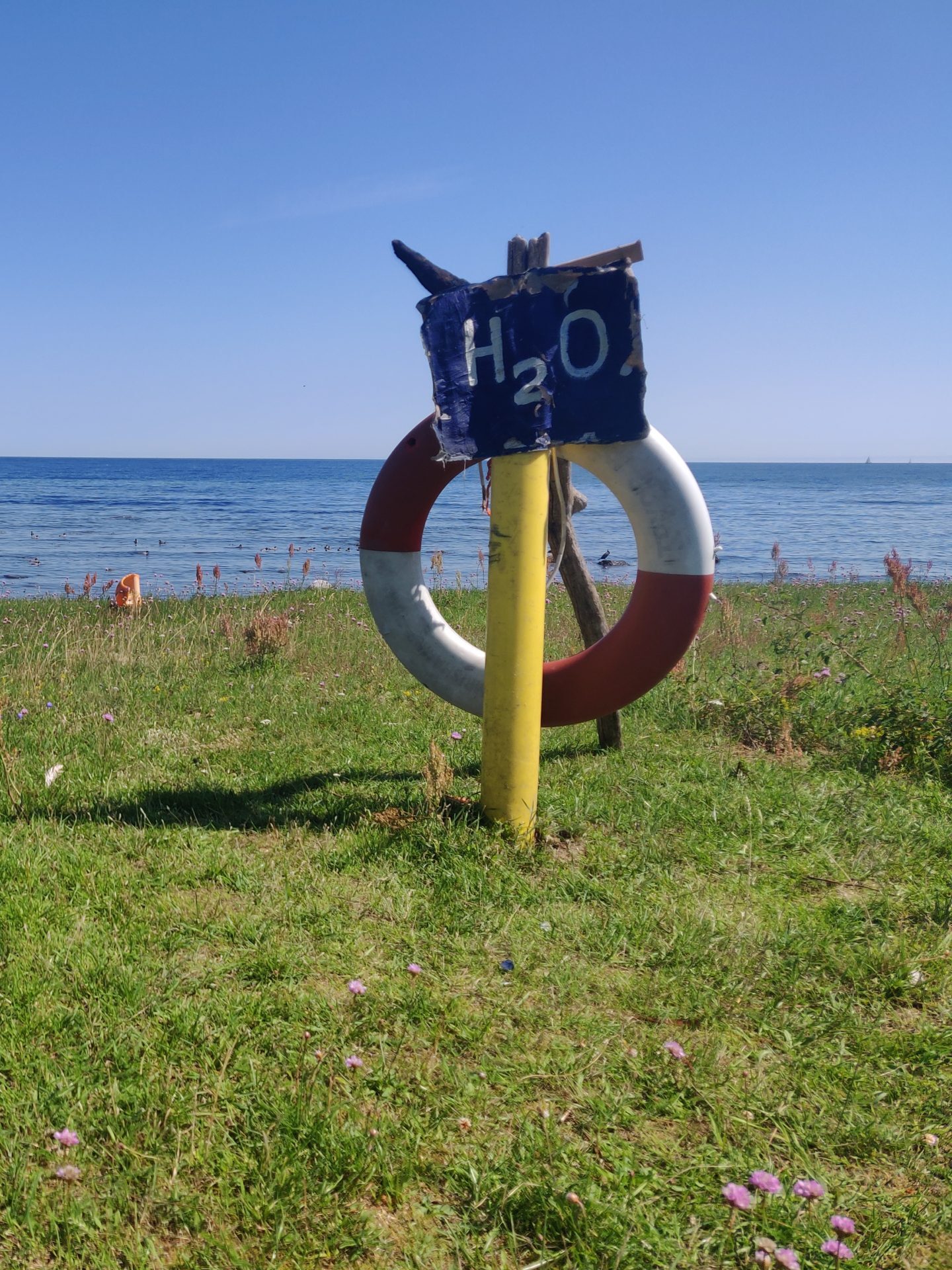The Rough Planet Guide to Zero-Carbon Skåne (RPGZCS) is, as the name probably implies, a website-based travel guide (of sorts) to Skåne, the southernmost län (or county) of Sweden. Not the Skåne of the present, though—rather, a possible Skåne of around 2045 or so, in which various efforts toward the mitigation of and/or adaptation to climate change, at various scales, are completed or ongoing.

This is the project I was working on during my time as a Marie Curie Postdoctoral Fellow at Lund University. Its core methodological device was, fairly obviously, inherited from the Rough Planet Guide to Notterdam 2045, but with a few big differences. Firstly, the Notterdam guide was set in an imaginary composite European city; RPGZCS, by contrast, inherits the real history, geography and political ecology of Skåne as its starting point (which is liberating in some regards, and constraining in others).
Secondly, the Notterdam guide relied primarily on ideas and input from expert interlocutors, either within or adjacent to the academy; with RPGZCS, we took a more ethnographic approach, using interviews with and/or observation of individuals and groups and communities that we identified as being representative of “weak signals” of mitigationary or adaptive transitions in the present.
While it came with the same short-term frustrations as any extensive project, RPGZCS was a strange and exciting adventure—not least as its earliest stages were thrown into doubt by the emergence of the Covid-19 pandemic.
(It was also something of a lesson in scoping, or rather the consequences of not scoping a project before beginning: early estimates of the guide’s size suggested it might amount to between ten and twenty pages of A4, but at last count, the website contained around 60,000 words of material in English, and a comparable amount in (partly machine-translated) Swedish! In effect, we wrote a collaborative mosaic novel, without quite realising that’s what we were doing… )